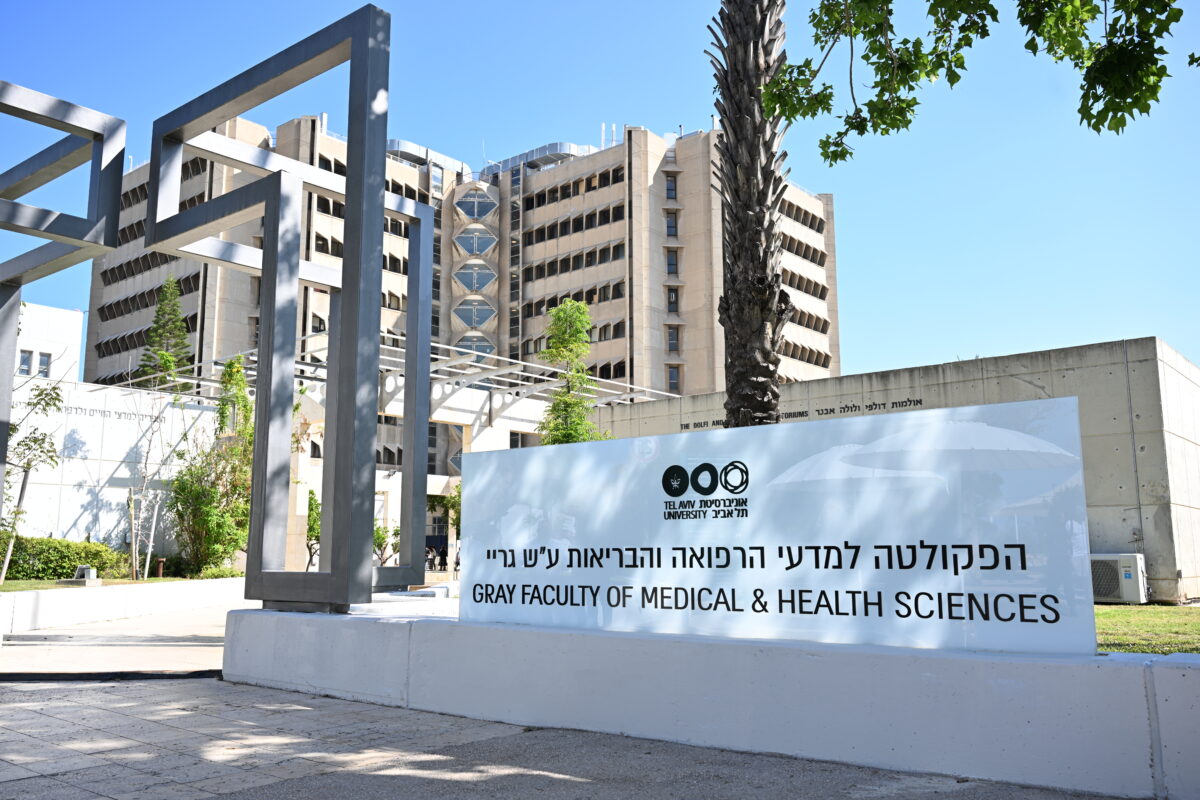New York’s Metropolitan Council on Jewish Poverty is working closely with the United States Department of Agriculture to expand access to kosher and halal foods in light of the White House’s recently released strategy to combat antisemitism, the organization’s CEO, David Greenfield, told eJewishPhilanthropy.
“When we started this work a few years ago, there were 200 food products that the federal government was giving to food pantries, only one of which was kosher. Now we’ve gone up to eight,” he said. “But our big success is that [as part of the] response to antisemitism, [the federal government] has directed USDA to work with the community around kosher food access.”
The White House’s national antisemitism strategy, which was released last month, includes a call for the USDA by 2024 to “ensure equal access to all USDA feeding programs for USDA customers with religious dietary needs. This will include increasing commercially available kosher and halal foods that are priorities for Jewish and Muslim program participants; expanding the number of kosher or halal certified foods in USDA’s food procurement; training schools on how to meet students’ religious dietary needs for the National School Lunch and School Breakfast programs; and expanding outreach and technical assistance for kosher and halal meat processors.”
Greenfield said the Met Council, as the organization is more commonly known, has already met with the USDA on this issue, speaking with representatives from the office on Tuesday.
“We’re very interested in making sure that the USDA has the ability and the resources to really lean in and to make sure that pantries across the country have kosher and halal food,” he said. “I think what’s really interesting about this is that there’s no additional expense. A non-kosher can of tuna and a kosher can of tuna – it’s the same thing. With the exception of a handful of items, like pork and beans, most items could be procured as kosher items without any additional cost.”
Greenfield said his organization has focused on ensuring access to halal food, in addition to kosher, as Met Council “recognizes that it’s an important community that has similar issues to ours. We want to be there for those communities as well.”
On Sunday, the organization hosted its annual “legislative breakfast,” bringing together some 350 elected officials, dignitaries and community leaders, including New York Gov. Kathy Hochul and New York City Mayor Eric Adams, along with Senate Majority Leader Chuck Schumer (D-NY), House Minority Leader Rep. Hakeem Jeffries (D-NY) and Rep. Jerrold Nadler (D-NY). Israel’s economy minister, Nir Barkat, and its acting consul general in New York, Israel Nitzan, were also in attendance. The event was held at the Yale Club just prior to the start of the Celebrate Israel Parade.
Following the event, Greenfield told eJP that the breakfast demonstrated the new direction that Met Council has taken in recent years, focusing more on lobbying and policy and not only providing assistance directly to the city’s economically disadvantaged.
“We had the Senate majority leader, the House minority leader, the governor of New York, the mayor of New York, the attorney general of New York, the comptroller of New York, and another 58 or so elected officials, including a half a dozen members of Congress. And the reason for that is because we work hard at these relationships,” Greenfield said.
“In the past, we were just direct-services providers,” Greenfield said. “We realized that because we had so much knowledge and expertise… we could utilize that expertise and bring it into public policy conversation and that’s what we’ve been doing for the last few years. So we’ve staffed up internally and externally. We’ve hired policy staff and research staff. We’ve hired city, state and federal lobbyists, and essentially what we’re doing now is we’re really sharing best practices, promoting ideas around policy and poverty, and trying to convince governments to really be active around these issues.”
Greenfield said that in addition to his organization’s work on the national level with USDA, Met Council was working to secure additional funding in the New York City budget for food pantries that service the immigrant and migrant communities.
“We understand realistically that it’s a challenge financially, so we’re doing the best that we can. We’re not sure where that’s going to land, but we are definitely pushing that,” he said.
Greenfield said that even as the New York state legislature session comes to a close, his office is also working to expand access to affordable housing in New York. “There is a tremendous housing crisis,” he said. “We believe that there is fundamentally a supply problem.”
He clarified that the issue is not only a lack of housing, but a lack of housing in areas where people want to live. “A lot of the affordable housing is being built in areas where it’s very low income. And that’s not a good policy. In general, you want to have affordable housing across the city,” he said.
While those efforts will continue throughout the legislative break over the summer, albeit at a slower pace, Greenfield said that in the coming months, the organization will reassess its policy priorities going forward.
“After the summer, we’ll look at where we were successful, where we think we could be successful in the future and also where we see the needs popping up,” he said.
Credit:Source link



